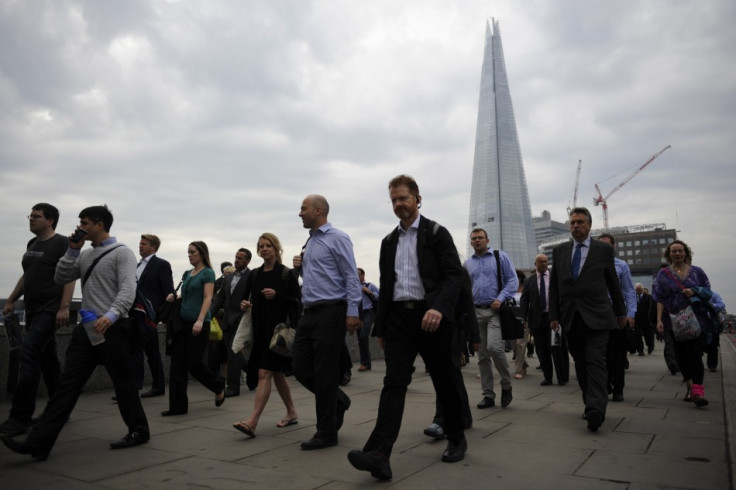UK second quarter growth revised upwards to 0.7% on strong service sector data
Statistics body ONS says service sector growth remained strong either side of the EU referendum polling date.

The UK's economic growth for the second quarter has been revised upwards by the Office for National Statistics to 0.7%, from a previous estimate of 0.6%.
Ascribing reasons for the upward revision to the gross domestic product (GDP) figure published on 26 August, the ONS said service sector growth and consumer spending had come in stronger than previously thought.
Services grew 0.6%, up from 0.5%, while business investment rose 1% instead of 0.5%. However, net trade shaved off 0.8 percentage points off headline growth as exports fell 1%, while imports rose 1.3%.
GDP grew 2.1% in the second quarter from a year earlier, while on an annualised basis, growth came in at 2.7%.
Darren Morgan, head of GDP data at the ONS, said that despite some very weak indicators appearing in the immediate aftermath of the referendum, estimates gathered by the ONS from more than 23,000 firms now suggest that the services sector – which accounts for three quarters of the economy – in fact grew strongly well into July, the month after Brexit.
"Further information also suggests that the whole economy also grew slightly more strongly in the months before polling day than previously thought. Together this fresh data tends to support the view that there has been no sign of an immediate shock to the economy, although the full picture will continue to emerge."
Howard Archer, chief UK and European economist at IHS Markit, expects the British economy to grow 2.0% in 2016. "This assumes that the economy has grown by around 0.4% quarter-on-quarter in the third quarter and will expand around 0.2% in the fourth quarter. However, we expect the economy will find growth increasingly difficult over the coming months, particularly in 2017, although it will most likely dodge a recession.
"Uncertainties facing businesses and consumers are likely to be magnified by the possible triggering of Article 50 early next year. Additionally, the fundamentals for consumers will likely increasingly weaken as their purchasing power is diluted by rising inflation and muted earnings growth."
Away from GDP data, the ONS also revealed that the country's current account deficit widened in the second quarter as the trade gap hit a 2 1/2-year high amid heavy outflows of investment income.
The deficit, implying the difference between capital inflows to the UK and outflows, came in at £28.7bn, the ONS said. That equals to 5.9% of GDP, up from 5.7% in the first quarter.
© Copyright IBTimes 2024. All rights reserved.






